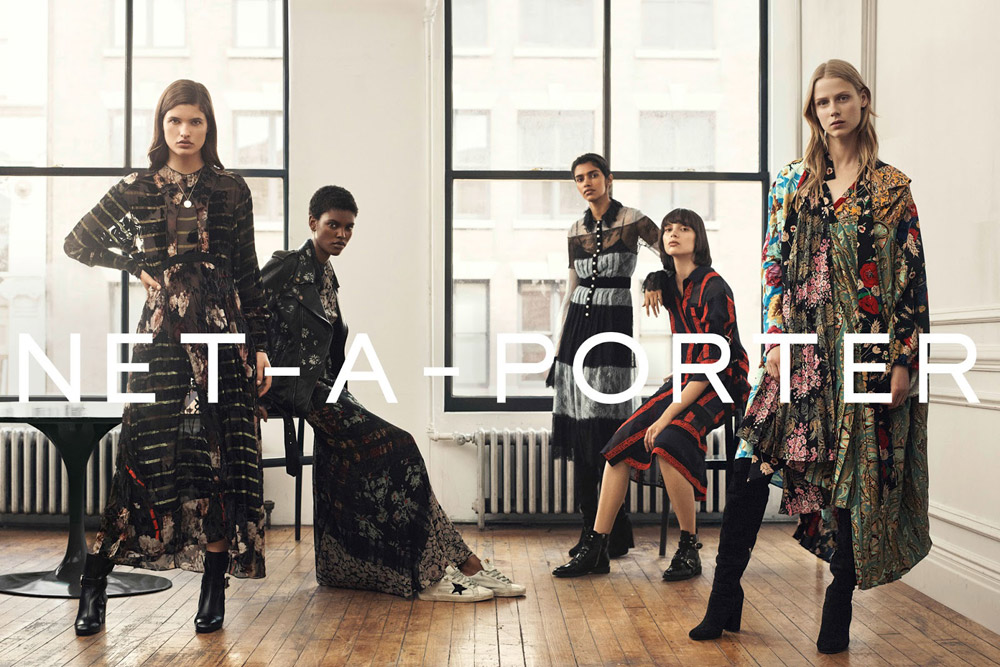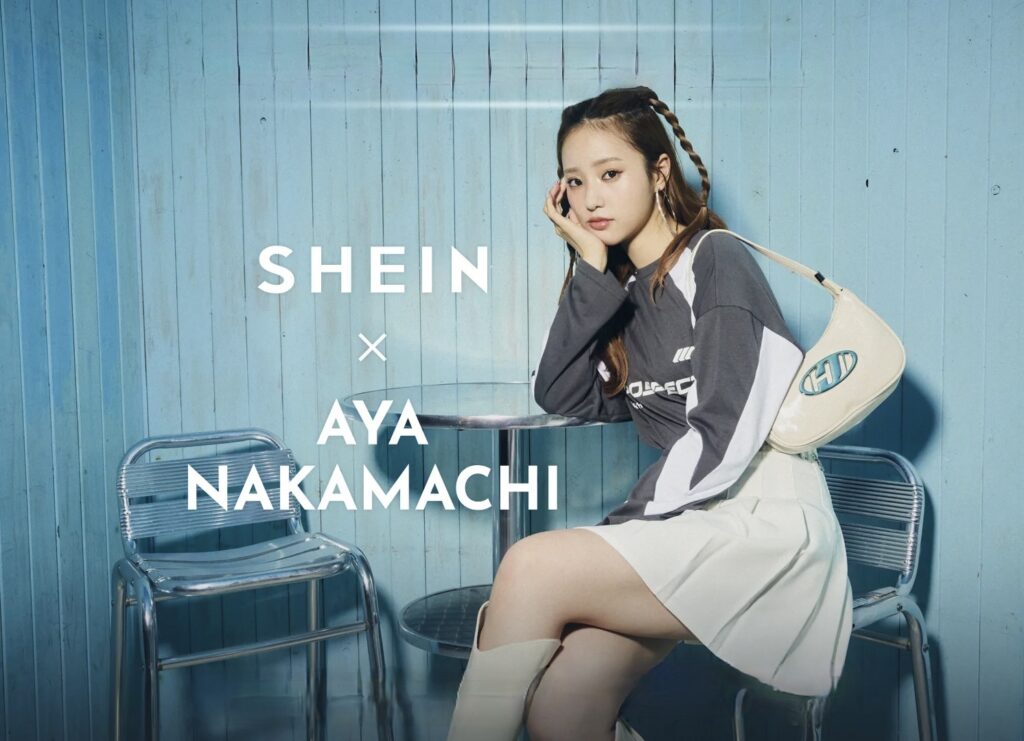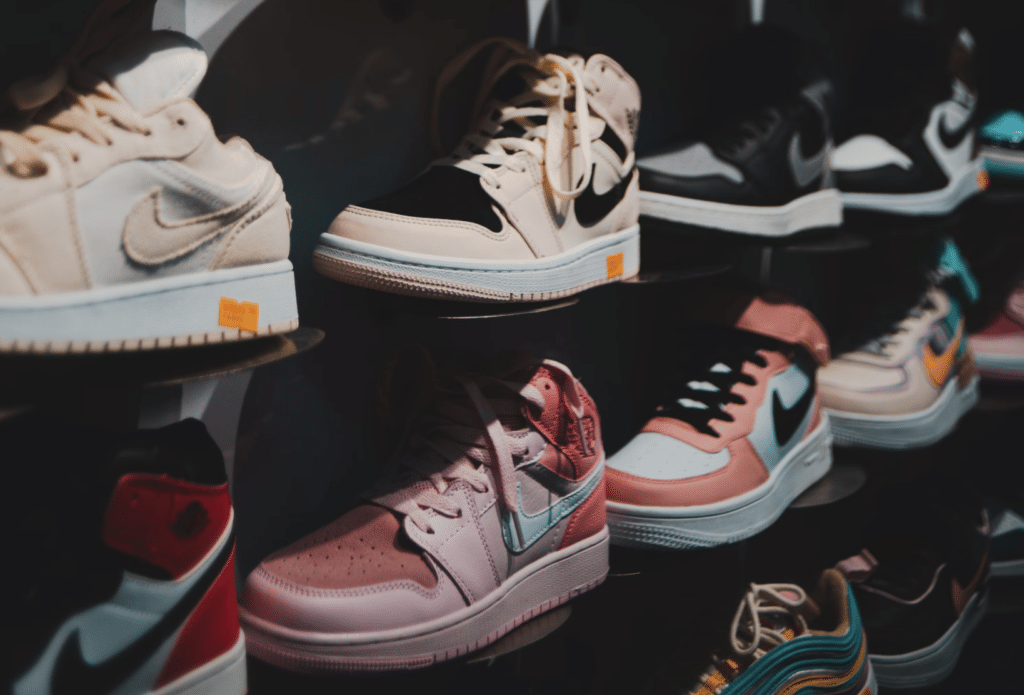The European Commission has “unconditionally” cleared the path for Farfetch’s acquisition of a 47.5 percent stake in Yoox Net-a-Porter (“YNAP”) from Richemont in exchange for the issuance of Farfetch Class A ordinary shares, the Swiss luxury goods group revealed on Monday. The European market regulator – which was in a position to approve the deal “with or without remedies” or to launch a four-month investigation in the event of serious antitrust concerns – was the last regulatory authority required to provide clearance for the highly-anticipated deal that the parties announced this past summer. Taken together, Richemont and Farfetch said in August that the transaction will make YNAP “a neutral industry-wide platform,” and position Farfetch to “potentially acquire the remaining shares in YNAP.”
In a statement on Monday, Richemont stated that its “partnership with Farfetch” goes beyond the immediate transaction and also involves: the acquisition by Symphony Global, one of the investment vehicles of Mohamed Alabbar, of a 3.2 percent stake in YNAP, making YNAP a neutral online platform for the luxury industry; the adoption by YNAP and the Richemont Maisons of Farfetch Platform Solutions; and the launch of e-concessions on the Farfetch Marketplace by most Richemont Maisons. (For a full breakdown of the deal, you can find that here.) Richemont – which also owns Cartier, Alaïa, Van Cleef & Arpels, Piaget, and Vacheron Constantin, among other brands – further stated that completion of the deal “remains subject to certain other conditions that Richemont and Farfetch are working towards fulfilling” with a further announcement coming “in due course.”
The bigger picture here is, of course, the ailing state of Farfetch, which – once hailed as the future of fashion retail with its inventory-less model that connects hundreds of boutiques to consumers and technology that underlies many brands’ e-commerce operations – is now facing mounting issues. In what appears to be part of an effort to narrow its focus, the company announced this week that it will sell off beauty brand Violet Grey. Farfetch acquired Violet Grey in early 2022 for $49.4 million in cash, along with $1.3 million of reverse vesting shares and $5 million of Farfetch restricted share units.
The impending offloading of Violet Grey comes just a few months after London-headquartered Farfetch announced that it would shutter its one-year-old beauty division entirely. Reflecting on the news this summer, Renee Parker, co-founder of beauty e-commerce consultancy Invinci Group said that “it makes sense that Farfetch wants to create the same level of customer experience in beauty as it does in fashion, it feels like a natural extension, but the hook just wasn’t there.” Others have highlighted the logistics/operations issues inherent in the beauty business, including returns, faulty products, and delivery timings, as potentially having a hand in Farfetch’s failure to break into beauty in a meaningful way.
More broadly, Nasdaq-listed Farfetch, which has yet to reach profitability due in large part to sizable technology and marketing costs, is sputtering. The company’s market cap has plunged from $6.2 billion as of its initial public offering in September 2018 to its current market cap of $654.5 million. And revenues continue to fall. While Farfetch has seen a rise in overall business volume and reached a record number of more than 4 million online customers in the second quarter of 2023, its revenues for the three-month-period ending in August, nonetheless, dropped to $572.1 million from $579.3 million in Q2 2022. (Farfetch attributed the decline to a 42.2 percent decrease in brand platform revenue and a 15.1 percent decrease in in-store revenue.)
Reflecting on the state of Farfetch on the heels of its Q2 earnings results in August, Bernstein analysts said that they see five possible scenarios for the retailer going forward: (1) Farfetch confirms and achieves its FY25E guidance (less than 5 percent probability); (2) Farfetch continues standalone, with FY25E reduced guidance and revised strategic goals (60 percent+ probability); (3) Richemont steps in, in a replay of the YNAP takeover from the market (less than 10 percent probability); (4) Other investors step in – Alibaba (less than 10 percent probability), or other players (less than 10 percent probability); and (5) Farfetch runs out of liquidity, no “white knight” appears (less than 5 percent probability).
Bernstein’s Luca Solca said this past week in connection with the Farfetch-Richemont deal that “Farfetch could still survive if it narrows its focus, but it will remain a drag on Richemont’s share price until they alleviate investor concerns on how far they are willing to go to help their new partner.”











